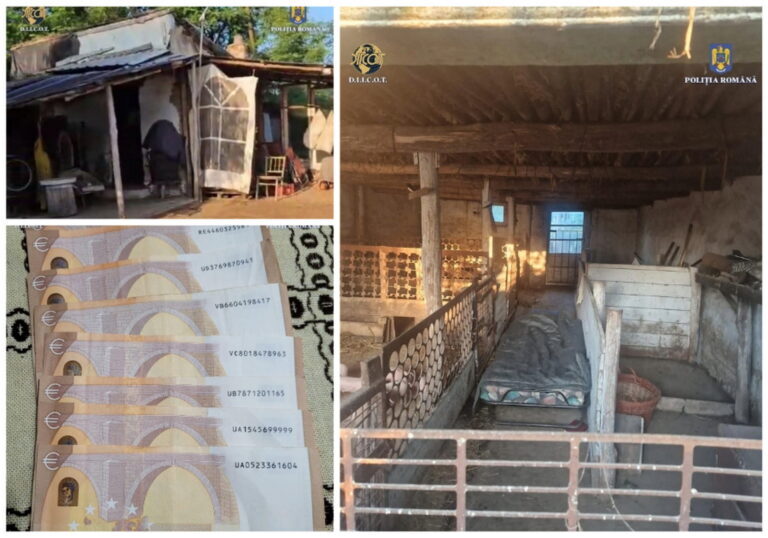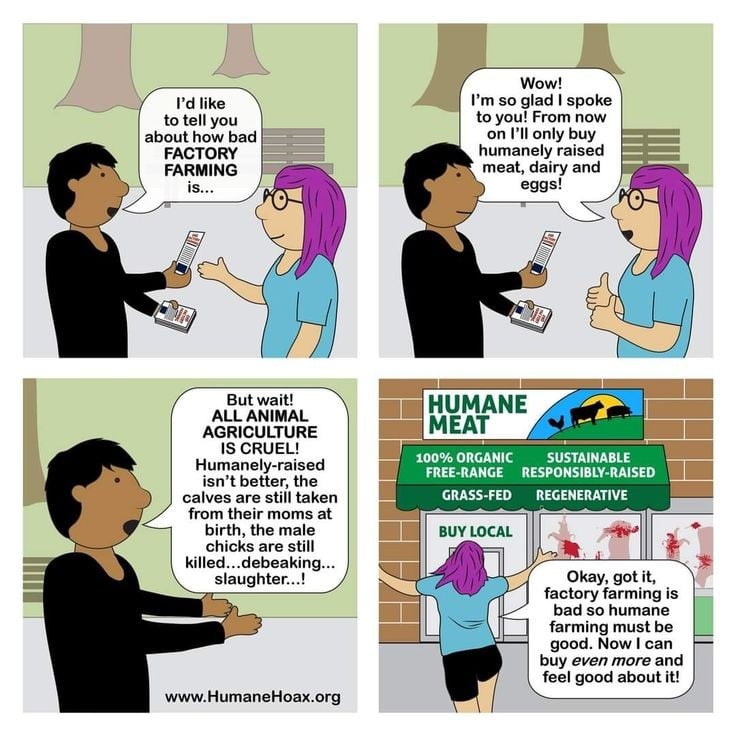this is the title of a podcast interview by "Non Toxic", listen to it here (or wherever):
https://www.youtube.com/watch?v=yHBRX00WoMs
It's an interview about a project titled "Broken Spectre" https://jackshainman.com/exhibitions/richard_mosse_broken_spectre with the author: Richard Mosse
Joining Non-toxic from his studio in New York, Richard discusses the best ways to get powerful men to let you film their crimes, why women bare the brunt of the Amazon's destruction, and whether there's anything an artist can do to try to avert catastrophe.
The reason I'm mentioning it is because it reveals a contentious conflict and it shows the participants as they are.
Anyone following the genocide and ecocide in the Amazon region can probably understand that it's about settler-colonialism. The contention is about the fact that the settler-colonial class, these frontier types, they are workers and small business owners (and also large business owners and corporations).
The interview mentions that the Brazilian miners and ranchers are following the "Wild West" of colonization so hard that they're actually going for country songs and clothing style - called "Texano" cowboy.
This isn't the first time I've seen such documentaries or reports and it's important to understand the mentality and ideology of these settler-colonialists and how that relates to class politics.
Think of this problem as part of the "jobs tho" argument. The "jobs tho" argument is basically that:
You can't change the system! It would take away jobs and livelihood!
In this sense, "jobs tho!" is actually #BusinessAsUsual (BAU), it is conservatism.
We do need a lot of jobs to go away entirely. Starting with the Amazon miners and loggers and ranchers and their helpers, but it goes on for a lot more. Otherwise, each of these jobs is just as "indirect assassin", because that's the result, and the indigenous people in the Amazon are being genocided, as is common under settler-colonial invasion. And the #pastoralism angle is not surprising either, there's no better way to take over land than to make claims over land with the extensive land use: herding.
What's the alternative? Well, do you ever wonder how bad it has to get? That's the thing. The "pressure" of how bad is used by capitalism to push frontiers, to accumulate new capital (and, later, to catabolize/cannibalize). The top-down force is pushing, and instead of the opposite force pushing back, the opposite force is pushing sideways.
But "I was just following economic orders", right?


